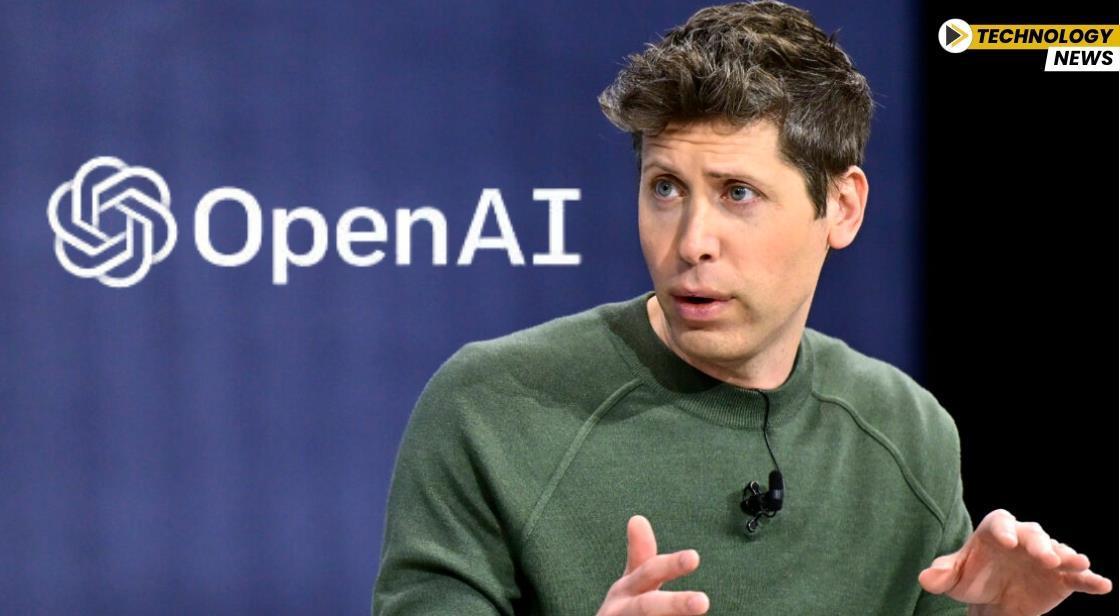OpenAI to Enhance Content Control for Sora AI Video App, Introduce Monetization Features

News Synopsis
ChatGPT creator OpenAI is set to strengthen copyright protection and offer new revenue opportunities through its Sora AI video app. The company plans to give rights holders greater control over how their intellectual property is used while also enabling monetization for approved content. This move marks a major step in balancing creative freedom, AI innovation, and fair compensation for creators.
OpenAI Expands Content Rights Control for Sora
OpenAI CEO Sam Altman announced that content owners, including TV and film studios, will soon have the ability to dictate how their characters are used within Sora, the company’s AI-powered video generation tool. Through new “granular control” settings, rights holders can decide whether to allow, limit, or block the use of their copyrighted characters in AI-generated videos.
This initiative is a response to growing industry scrutiny over the use of copyrighted materials in AI-generated content. As artificial intelligence continues to evolve, companies like OpenAI are under pressure to ensure that innovation doesn’t come at the cost of intellectual property rights.
AI Content and Copyright Concerns Intensify
The rapid advancement of AI-generated video tools has sparked debate across creative industries. Hollywood studios and media companies have expressed concerns about how AI might reproduce or manipulate copyrighted material without proper authorization.
By introducing content controls, OpenAI aims to foster collaboration with rights holders rather than conflict. These measures will allow creators to safeguard their assets while still exploring how AI can be used to expand storytelling and creative expression.
Launch of Sora App and Growing Popularity
OpenAI recently launched Sora as a standalone app in the United States and Canada. The app allows users to create and share AI-generated videos up to 10 seconds long, using both original and existing material.
Despite being new, the app quickly gained popularity on social media due to its intuitive design and creative potential. However, this rise in user activity has also intensified debates over how AI tools handle copyrighted content, particularly when videos reference well-known characters or media.
Disney and Other Studios Opt Out
According to reports, Disney has already chosen to opt out of allowing its characters or materials to appear within the Sora app. This highlights the sensitive balance OpenAI must maintain between innovation and copyright protection.
Industry observers suggest that similar decisions from other studios may follow, depending on how OpenAI manages rights compliance and revenue-sharing mechanisms in the coming months.
OpenAI to Introduce Revenue-Sharing Model
Alongside new content controls, OpenAI is preparing to launch a revenue-sharing system for copyright holders who permit the use of their characters in AI-generated videos.
Altman explained that this monetization framework is being designed to reward creators and studios for allowing their intellectual properties to be used responsibly. He added that the system will undergo testing and refinement, with the aim of implementing a scalable, transparent model across OpenAI’s broader suite of products.
A Step Toward Sustainable AI Creativity
Sam Altman acknowledged that fine-tuning the revenue-sharing framework “will take some trial and error,” but emphasized the company’s commitment to developing a model that benefits both creators and AI users.
OpenAI’s data shows that users are producing significantly more video content than expected, often for niche audiences. This has accelerated the company’s need for a monetization strategy that ensures both ethical use and shared value among participants.
Competition in AI Video Space Heats Up
OpenAI’s growing focus on video content puts it in direct competition with Meta and Alphabet’s Google, both of which are exploring text-to-video AI technologies. Meta recently launched Vibes, a short-form AI video platform that allows users to create and share AI-generated clips.
With the launch of Sora and upcoming monetization features, OpenAI is positioning itself as a leader in the multimodal AI space, blending innovation with responsible content management.
Conclusion
OpenAI’s planned updates for Sora reflect a thoughtful approach to the challenges of AI-generated content. By giving creators control over their intellectual property and offering financial incentives, the company aims to bridge the gap between AI innovation and copyright protection. As Sora continues to evolve, these changes could set a new standard for ethical and profitable AI content creation.
You May Like









